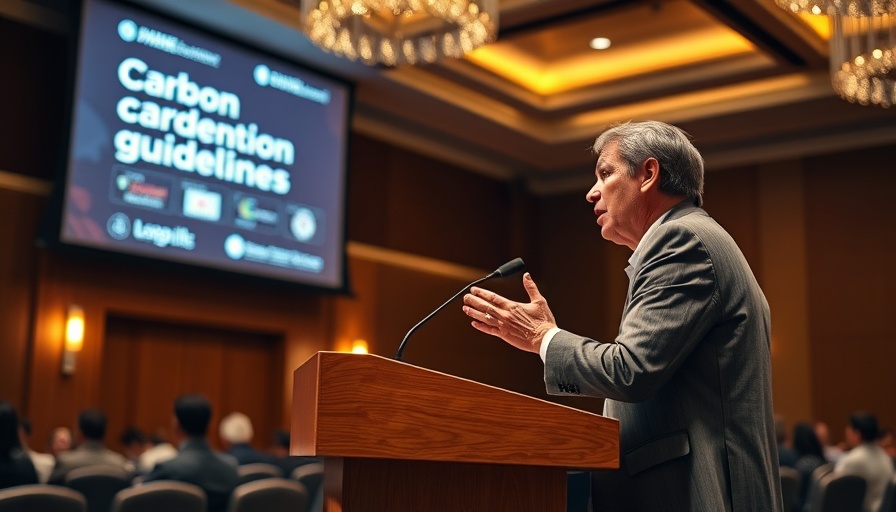
Philippines Set to Launch Carbon Trading Rules Amid Concerns
The Philippines is poised to unveil its long-awaited carbon trading rules next month, according to Felix William Fuentebella, the energy undersecretary. This initiative seeks to catalyze investments in the nation’s clean energy sector, yet faces skepticism from civil society regarding its timing and readiness.
The Evolution of Carbon Trading in the Philippines
The Department of Energy (DOE) aims to have a draft policy ready by mid-September. This follows a public consultation held on August 19, where 120 stakeholders, including civil society leaders and environmental activists, voiced their concerns regarding the lack of a robust national framework to guide the carbon market implementation.
Are We Ready for Carbon Trading?
Concerns about premature rollout echo through the halls of advocacy organizations. Jefferson Chua, a Greenpeace campaigner, emphasized that without a national decarbonization roadmap, operationalizing a carbon market could fail to meet its intended goals. “The country is definitely not ready to operationalize the carbon market because there is just no guiding national framework,” he asserted.
The Role of Government in Developing Sustainable Frameworks
While the government has made strides with the low carbon economy bill passed last year, which aims to establish decarbonization plans for major corporations, it has lingered in the Senate without progress. This impasse raises questions about the leadership in sustainable development policies.
The Need for Comprehensive Environmental Policies
Cheng Pagulayan of Oxfam Pilipinas raised alarm over the lack of consultation from civil society in shaping the rules. She relayed that the Department of Environment and Natural Resources (DENR) is creating a national framework but has yet to engage the public for feedback. With critical components still missing, experts like Chua express doubts about the ill-timed push for a carbon trading policy.
A Look into Future Environmental Economies
Looking ahead, it’s crucial for the Philippines to develop a comprehensive and sustainable market for carbon credits. Observers suggest that firmly establishing guidelines and consulting stakeholders can pave the way for successful integration of carbon trading into the national economy. Such initiatives could foster green jobs and stimulate the economy, while reducing the nation’s carbon footprint.
Understanding the Stakes: More than Just Policy
At stake is not only the reputation of the Philippines in the international community as a player in climate action but also the broader implications for sustainable living in the region. If implemented poorly, the carbon trading policy could undermine efforts to combat climate change.
Final Thoughts: Moving Towards a Sustainable Future
As the country gears up to introduce carbon trading rules, the discourse surrounding transparency and collaboration will dictate outcomes. Fuentebella assures that the process will be inclusive and transparent, vital for the effectiveness of such a significant policy. The road to sustainability demands collective effort and commitment, underscoring the importance of involving all parties in the process to create a truly effective climate strategy.
As the Philippines navigates this critical juncture in environmental policy, stakeholders and citizens alike must advocate for a stable, inclusive framework that can genuinely contribute to a cleaner and greener future. Stay engaged and informed about developments in the carbon trading landscape, as they are pivotal to our fight against climate change.
 Add Row
Add Row  Add
Add 



Write A Comment